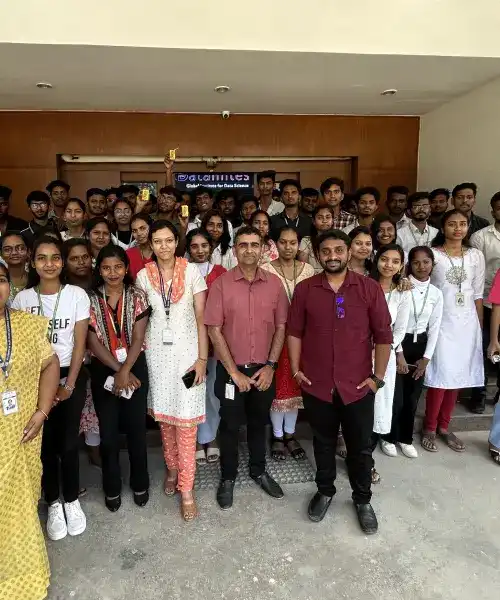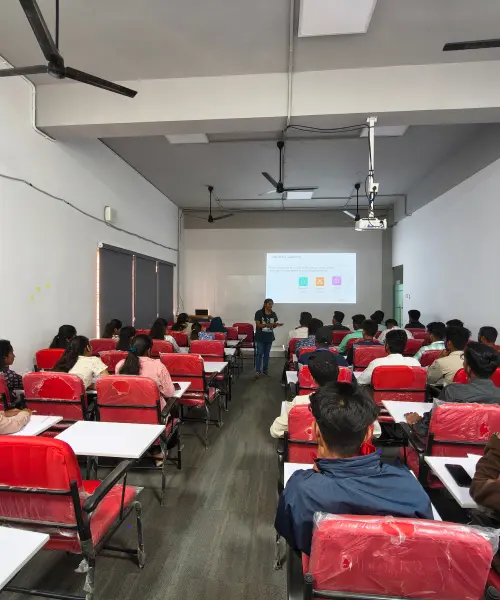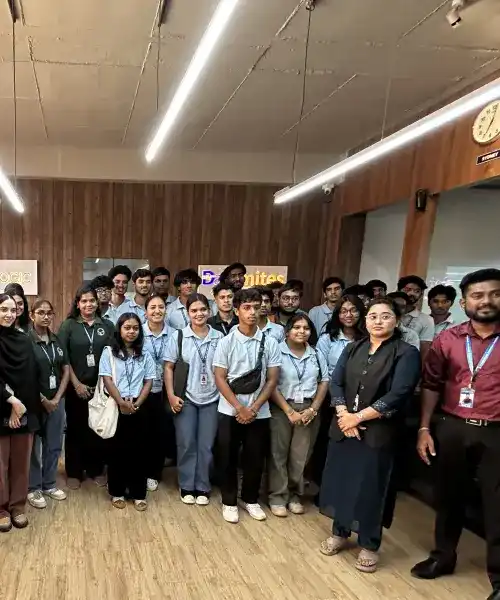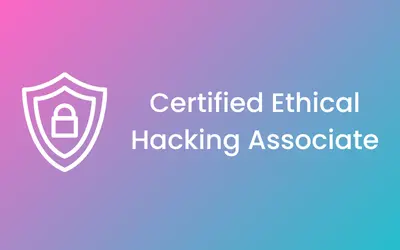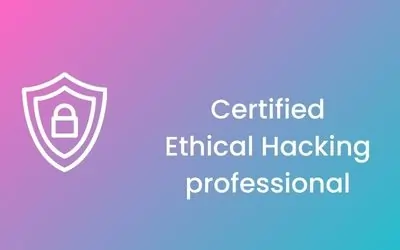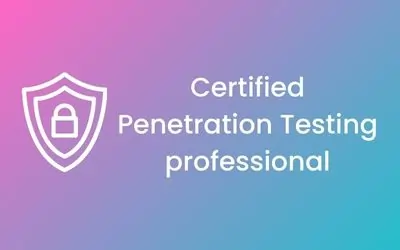CYBER SECURITY TRAINING IN GUWAHATI
-

-
(18696 Reviews)
-
Exciting Career Opportunities: Discover the top job openings in Guwahati’s cyber security field. Prepare for prominent roles such as security analyst or ethical hacker.
-
Essential Skills for Success: Develop critical skills like network security, threat analysis, and risk management to safeguard businesses in the digital landscape.
-
Hands-On Training Experience: Acquire practical, real-world knowledge through internships with leading companies. Enhance your expertise and confidence for a successful cyber security career.











